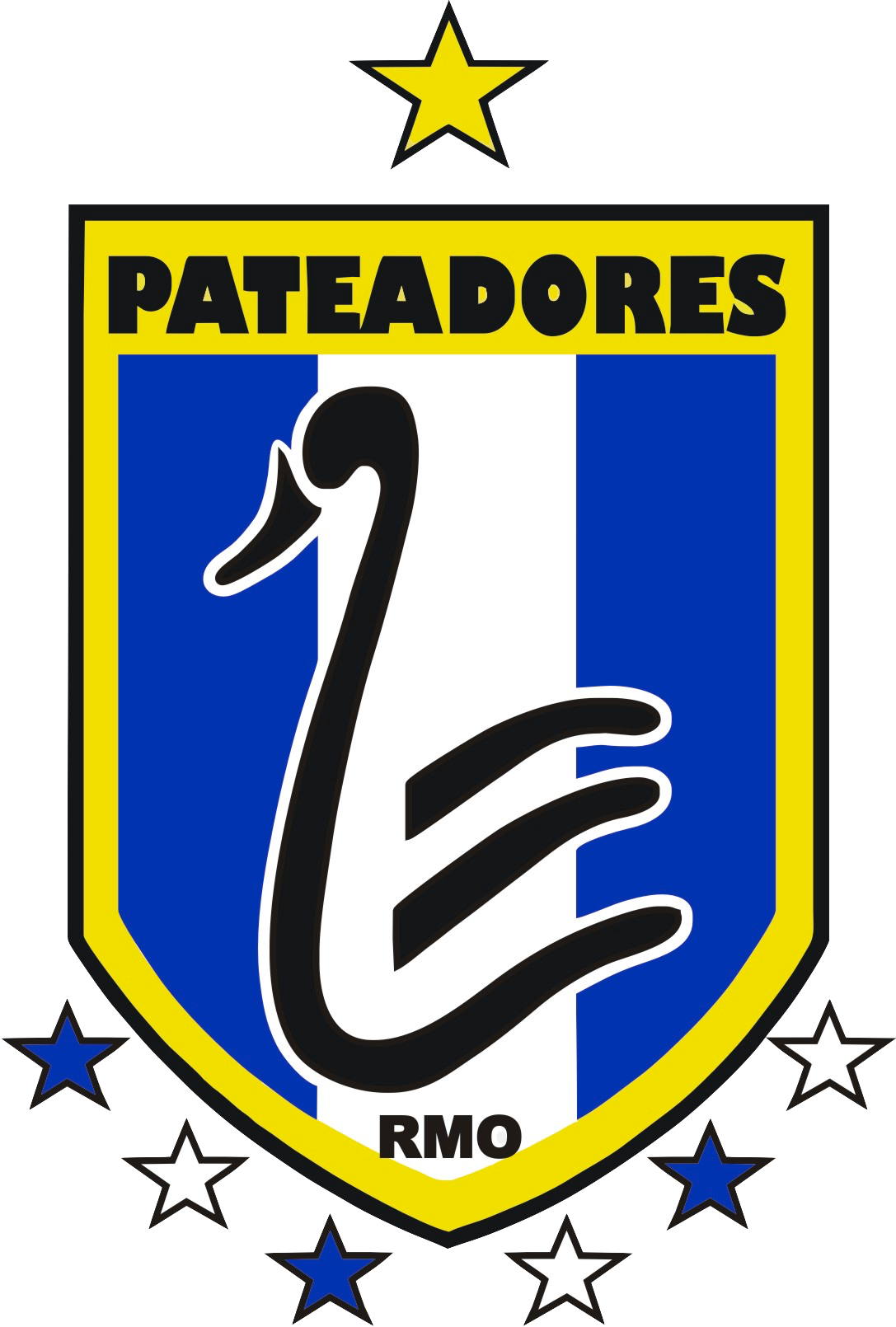DEVELOPING STRONG COMMUNICATION SKILLS
- Proactive Communication: Encourage players to take the lead in communicating with coaches.
- Effective Correspondence: Provide tips on crafting compelling emails and making phone calls.
- Interview Preparation: Prepare players for interviews with coaches, emphasizing professionalism and confidence.
Section 5.1: Proactive Communication
Encourage Players to Take the Lead in Communicating with Coaches
Proactive communication is a key factor in successfully navigating the college soccer recruiting process. Here's how players can take the lead:
- Initiate Contact: Don't wait for coaches to reach out first. Send personalized emails expressing your interest in their program and provide relevant information about your soccer background.
- Follow-Up: After initial contact, maintain a consistent line of communication with coaches. Keep them updated on your progress, achievements, and upcoming games or tournaments.
- Ask Questions: Be curious and ask thoughtful questions about the program, team dynamics, and the coach's expectations. This shows your genuine interest.
- Express Gratitude: Always thank coaches for their time and consideration. Professionalism and politeness go a long way.
Section 5.2: Effective Correspondence
Provide Tips on Crafting Compelling Emails and Making Phone Calls
Effective communication with coaches can make a strong impression. Consider these tips for crafting compelling emails and making phone calls:
- Personalization: Customize each email to the specific coach and program you're contacting. Mention something unique about their team or recent achievements.
- Clarity: Keep your messages clear and concise. Highlight your key accomplishments and why you believe you'd be a valuable addition to their team.
- Professionalism: Use professional language and tone. Avoid slang and emoticons in emails, and speak confidently on the phone.
- Proofreading: Check for spelling and grammar errors before sending any written correspondence. Attention to detail matters.
- Phone Etiquette: When making phone calls, be prepared with a list of talking points and questions. Speak clearly and confidently.
Section 5.3: Interview Preparation
Prepare Players for Interviews with Coaches, Emphasizing Professionalism and Confidence
Interviews with college coaches are opportunities to showcase your personality and commitment. Here's how to prepare:
- Research: Know the program and coach before the interview. Understand their coaching style, team culture, and recent achievements.
- Dress Professionally: Dress as you would for a formal meeting. First impressions matter.
- Practice Responses: Anticipate common interview questions, such as why you want to join their program or how you handle adversity. Practice concise, well-thought-out responses.
- Highlight Character: Emphasize your character traits, work ethic, leadership skills, and ability to be a team player. Coaches often value these qualities as much as your soccer skills.
- Confidence: Exude confidence but remain humble. Showcase your passion for the sport and your eagerness to contribute to the team's success.
By being proactive, mastering effective correspondence, and preparing for interviews, players can develop strong communication skills that leave a lasting impression on college coaches during the recruiting process. These skills will not only help secure a spot on the team but also contribute to a successful college soccer experience.


